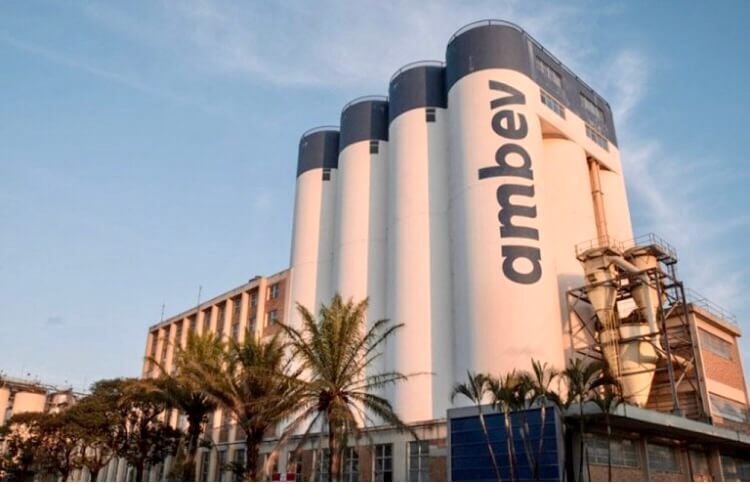
After leaving his job at the stock exchange, Alexander Creuz, 46, from São Paulo, met again ABEV3 — or rather, Ambev — in the countryside of the state of Santa Catarina, now as a supplier of hops for the production of the Brazilian company’s beers.
Leaving decades in the financial market and life in the largest metropolis in Latin America to study agribusiness and become a rural producer was not an easy decision, but Mr. Creuz says he only regrets not having done it sooner. And the accounts show that the choice was positive.
The production of hops has a significant cost to implement, but net profit projections varies between R$70,000 and R$ 80,000 per hectare, according to him. If all goes as planned, with the first full crop being harvested this year, the return on investment should come within 40 months.
The fact that the required area is small was decisive for the option for hops — Mr. Creuz’s property, located in Lages (Santa Catarina state), has 12 hectares. “To have this profitability with soy, for example, I would need much more area,” he explains. Research indicates that the profit with soy is around R$2,000 to R$3,000 per hectare.
Hop is a plant of the species Humulus lupulus, of the family Cannabaceae. It is native to Europe, western Asia and North America. Being a vine, it usually reaches between 4.6 and 6.1 meters in height.
In beer brewing, during the cooking process with malt, water and yeast, the plant releases bitter-tasting resins, giving the beverage its characteristic flavor. Hops are also a natural preservative. In the past, it was added to beer kegs after fermentation to keep the beverage fresh while it was being transported.
Today, practically all the hops used by the country’s breweries are imported. Last year, the industry spent $82 million on the purchase of 4,721 tonnes of hops from other countries, according to data from the Secretariat of Foreign Trade (Secex).
According to a survey by the Brazilian Association of Hop Producers (Aprolúpulo) released last year, the cultivated area in the country is just over 40 hectares, and production is around 24 tonnes.
The largest brewery in Latin America, Ambev wants to encourage an increase in hops cultivation in Brazil. Mr. Creuz says the help is more than welcome. “It’s one thing for me, an individual, to knock on the headquarters of Epagri [Santa Catarina’s technical assistance agency] and ask for technical aid. Another thing is Ambev”, jokes Mr. Creuz, a former president of Aprolupulo.
Mr. Creuz is part of Ambev’s Fazenda Santa Catarina project, which began in 2020 and, since then, has carried out management and varieties tests that increase productivity and guarantee income. In the second half of last year, Ambev started producing and donating seedlings to producers.
“We hope to foster these local economies, in addition to producing better quality beer by having fresher hops,” says Laura Aguiar, Ambev´s head of Knowledge and Brewing Culture. According to her, the project’s first significant crop is expected to be harvested this year, but there are no volume estimates.
The company is also recruiting help to boost cultivation. At the end of January, it announced a partnership with Silver Hops, an agtech created within Fazenda Pratinha, in the region of Ribeirão Preto (state of São Paulo), with focus on technologies for hops.
“Our role will be to complement the work that is already being done with family farming through the perspective of research and innovation”, says Silver Hops’ head José Braghetto Neto.
Source: Valor International
